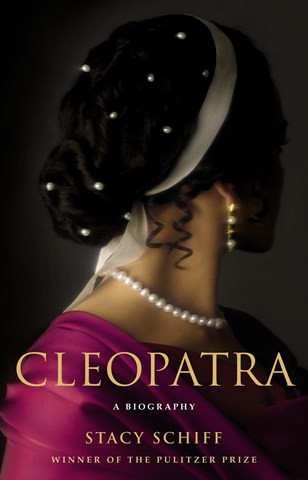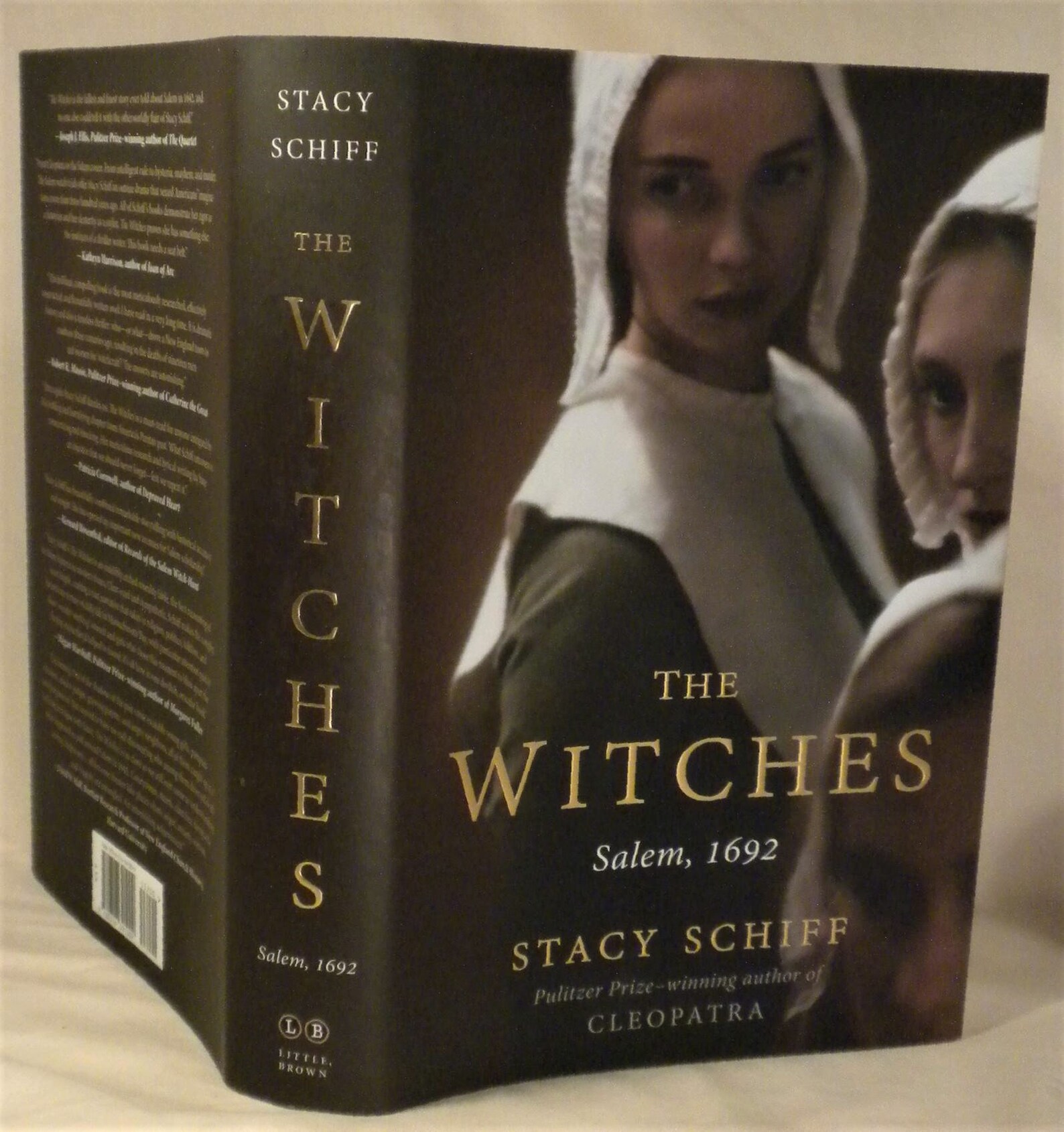

After the craziness in 1692 died down, wives could again 'drag husbands from taverns without being accused of witchcraft.

This retelling succeeds as a work of gripping popular nonfiction, but for those already familiar with the subject, it will serve only as light reading. Stacy Schiff is brilliant at showing the morbid humor in this profoundly un-funny tragedy: 1. Schiff provides background context for the events and focuses on the action, but her efforts to apply an overarching fairy tale theme miss their mark, and she avoids deep cultural, historical, and societal analyses of the trials.

There are disorienting shifts between passages in which the reader is immersed in the spooky, supposedly magical environment of Salem, and more prosaic sections describing what actually happened in the trials and town. However, this laudable effort also causes some confusion over place and time, and it's hard to distinguish the facts from Schiff's imaginative attempts at turning the trial reports into narrative action. As psychologically thrilling as it is historically seminal, The Witches is Stacy Schiff's account of this fantastical story the first great American. In curious ways, the trials would shape the future republic. Schiff's passionate use of the active tense places the reader right in the midst of the action, about 15 miles north of Boston during the spring of 1692. Aside from suffrage, the Salem Witch Trials represent the only moment when women played the central role in American history. The book is packed with details and delivered with a punch, but it suffers from a dearth of nuance. Pulitzer-winner Schiff (Cleopatra: A Life) applies her descriptive prowess and flair for the dramatic to the Salem witch trials.


 0 kommentar(er)
0 kommentar(er)
